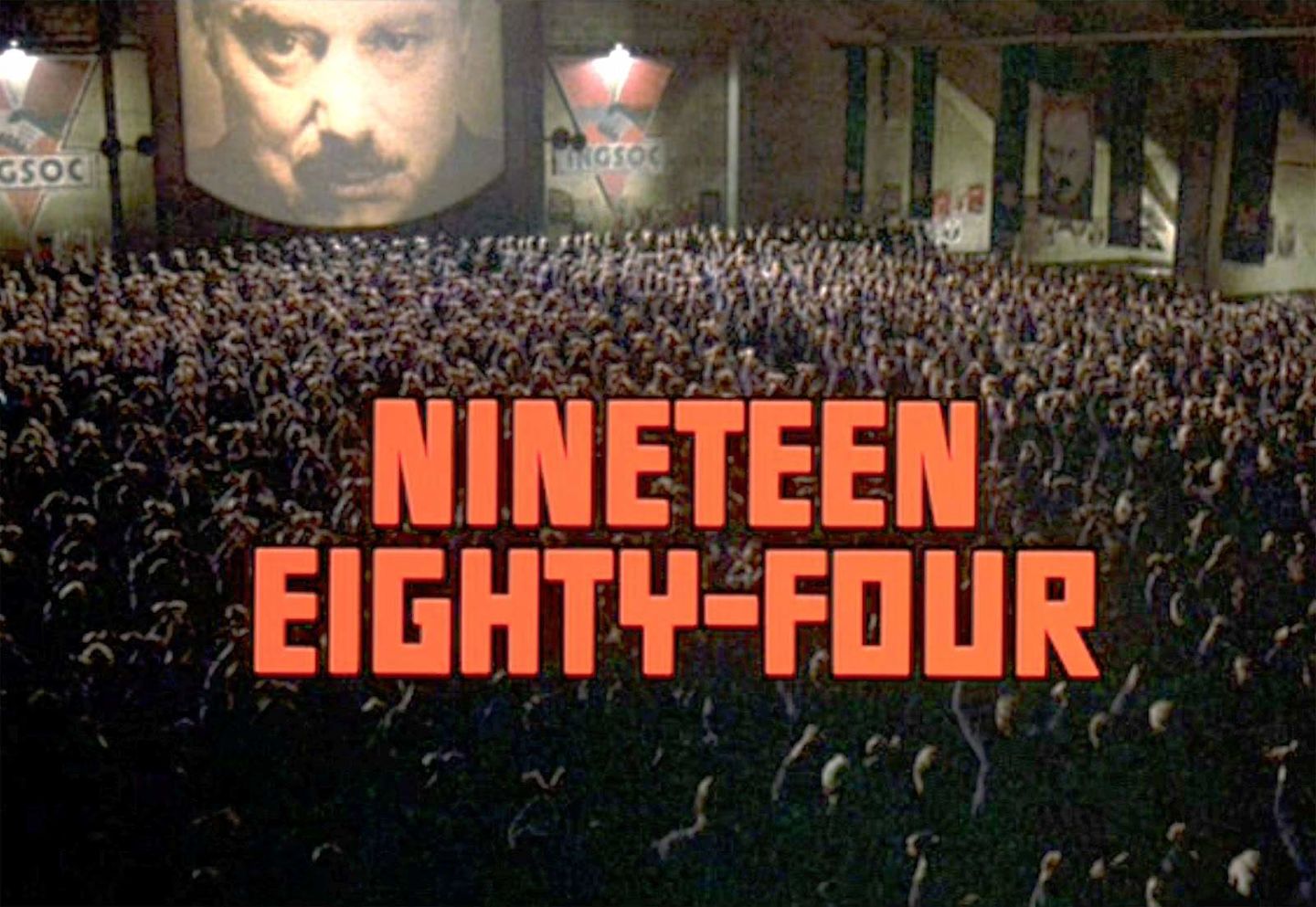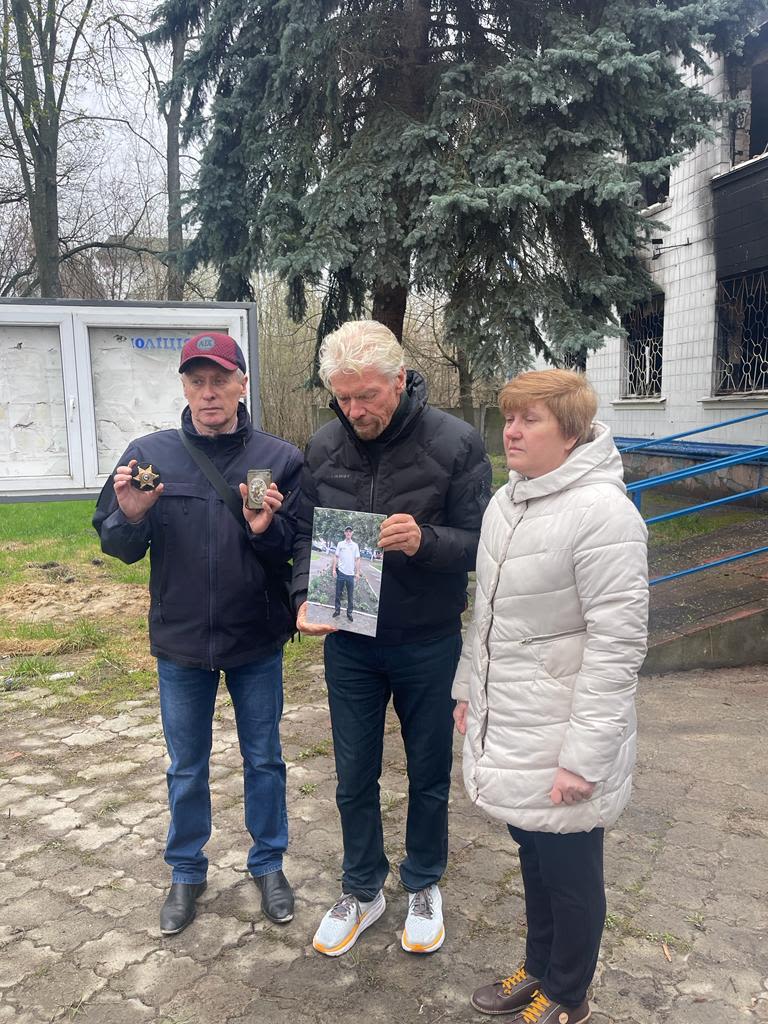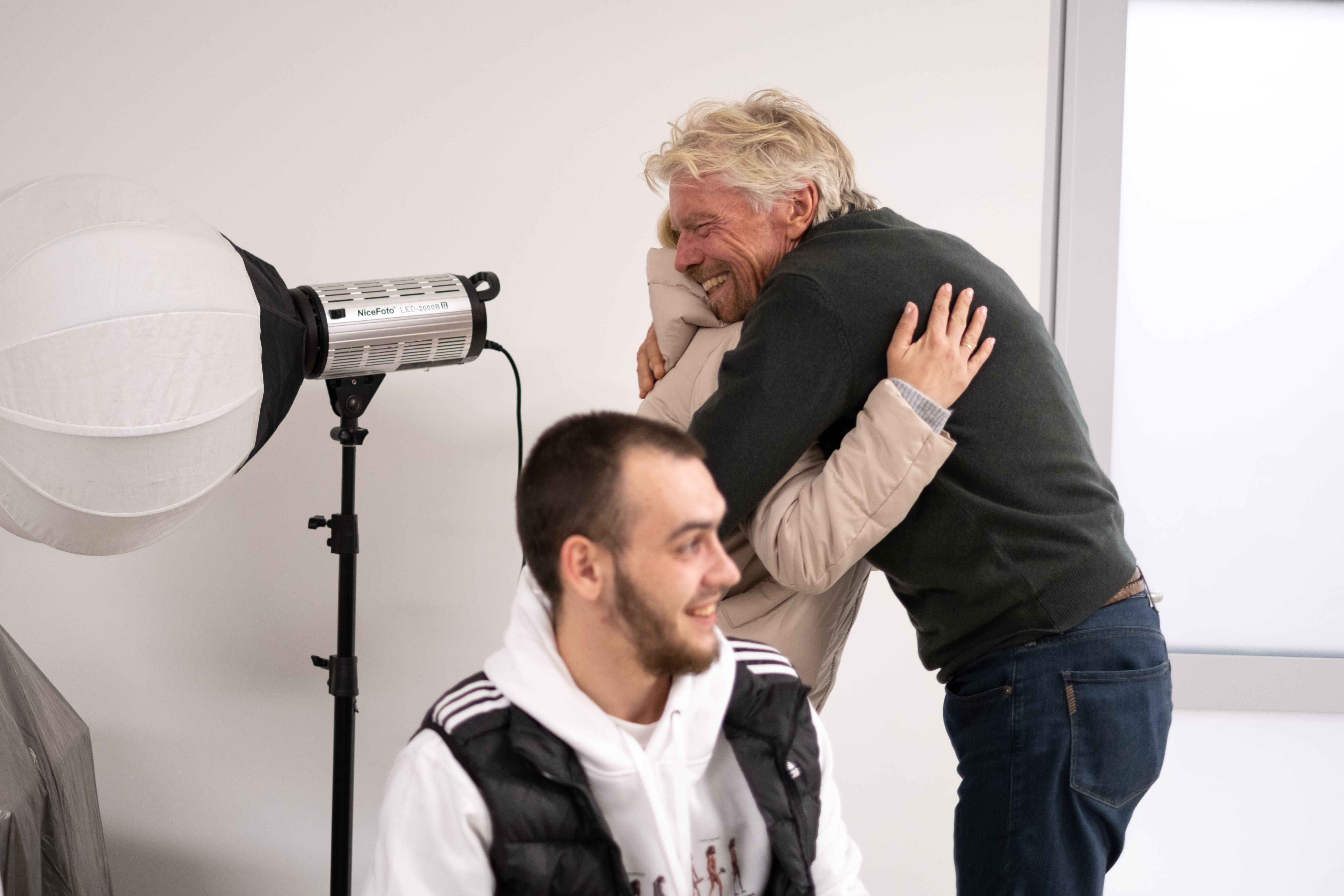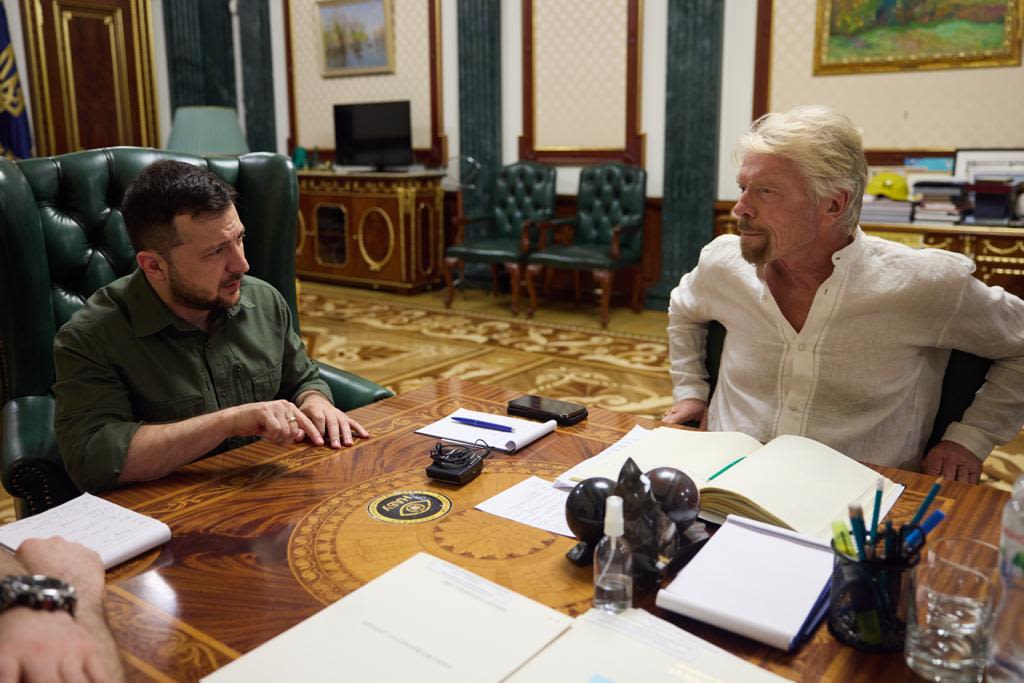The prescient power of 1984
In 1984, Virgin Films released our last movie - an adaptation of George Orwell’s 1984. It starred John Hurt, and Richard Burton in his final performance, plus it was soundtracked by Virgin Records artists The Eurythmics. It wasn’t a financial success, but I was proud of the film as I’ve always loved the book and its prescient message.
As the war in Ukraine rages on, the story Orwell created more than 70 years ago feels more important than ever. 1984 explores a dystopian world where a totalitarian regime maintains power through spreading destructive misinformation and propaganda. Sound familiar? It’s no coincidence that 1984 was the most downloaded novel in Russia last year. In it, Orwell wrote:
Power is in tearing human minds to pieces and putting them together again in new shapes of your own choosing.
1984 explains the crucial relationship between truth and freedom – something that Putin’s Russia is desperate to break.
Back in 2014, when Russia invaded Ukraine, Yale history professor Timothy Snyder published a superb article in Politico that argued we should all read Orwell to understand Putin. He wrote:
Whatever is in Putin’s mind, whatever he says and does, all he is really defending is his own power. Oppression in Russia, war in Ukraine and the destabilization of the West are grotesquely high prices to pay for one man’s preferences. Rather than beginning from these, rather than staring into the troubled eyes of the doublethinker, we had better think instead about what we value and what we can do to protect it.
The argument seems even more prophetic today. "Thought police" and "doublethink" come to mind when considering Putin's use of the term "special military operation" rather than what is really happening - an unjust war. As Snyder, who recently wrote persuasively in The Washington Post on the need to learn lessons from history, said back in 2014: “Putin has radicalized Russian politics, destroyed a European peace order, challenged Europeans’ assumptions about their entire future — and even threatened nuclear war.”
Meanwhile, nearly two years ago, Simon Tisdall looked to Orwell to explain the growing tensions between the US, Russia and China in “a world divided geographically, politically and militarily into three rival super-states”. A year into Russia’s war in Ukraine, with nuclear agreements being torn up and rhetoric escalating between East and West, pressure has only increased.
1984 reminds us why it is important to defend the truth above all else. After all: “Freedom is the freedom to say that two plus two make four. If that is granted, all else follows.”







